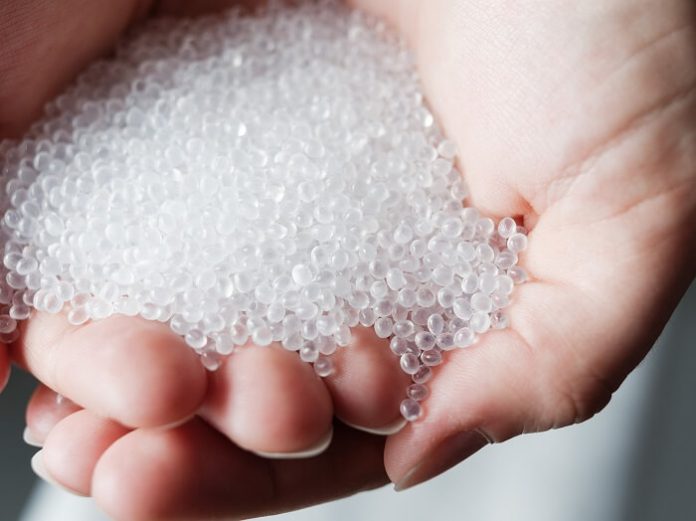With Ultramid® LowPCF (reduced CO2 footprint/“Product Carbon Footprint”, PCF) and Ultramid® ZeroPCF (CO2 footprint of net zero greenhouse gas emissions), BASF launches two new product variants within its polyamide value chain in Europe.
Greenhouse gas emissions can be reduced when compared to conventional products. BASF is offering its Ultramid® B brand and the precursor caprolactam as ZeroPCF and LowPCF variants, as well as Ultramid® C as LowPCF option.
Electricity from renewable sources is used to manufacture the LowPCF products, including from the Hollandse Kust Zuid offshore wind farm in the North Sea, in which BASF has a stake. Furthermore, low-emission steam is generated by using certified biomethane instead of natural gas.
Compared to common industry benchmarks, the PCF from raw material extraction to the factory gate (“cradle-to-gate”) is reduced by at least 30%. This PCF reduction enables the customer to reduce its Scope 3.1 emissions in accordance with the Greenhouse Gas Protocol.
To further reduce the PCF to net zero, BASF uses renewable raw materials according to the mass balance approach. At the beginning of the production process, fossil raw materials are replaced by the corresponding amount of certified biomethane and bio-naphtha and allocated to the sales products using the mass balance approach. ZeroPCF products are certified in accordance with the ISCC (International Sustainability and Carbon Certification) PLUS Standard.
“We are the first company in the world to offer both LowPCF and ZeroPCF options in the polyamide 6 value chain. With this portfolio, we meet the increasing demand in the industry and are helping our customers to achieve their sustainability goals,” said Pedro Serra, Head of Sales PA6 Europe at BASF.
As per the press release, with the addition of the Ultramid LowPCF and Ultramid ZeroPCF variants to the polyamide product portfolio, BASF’s Monomers division offers a broad portfolio of sustainable solutions and continues to pursue the goals outlined in its ”Sustainability Roadmap”. The division’s sustainable offerings are an essential part of BASF’s path to climate neutrality and net zero CO2emissions by 2050.

































